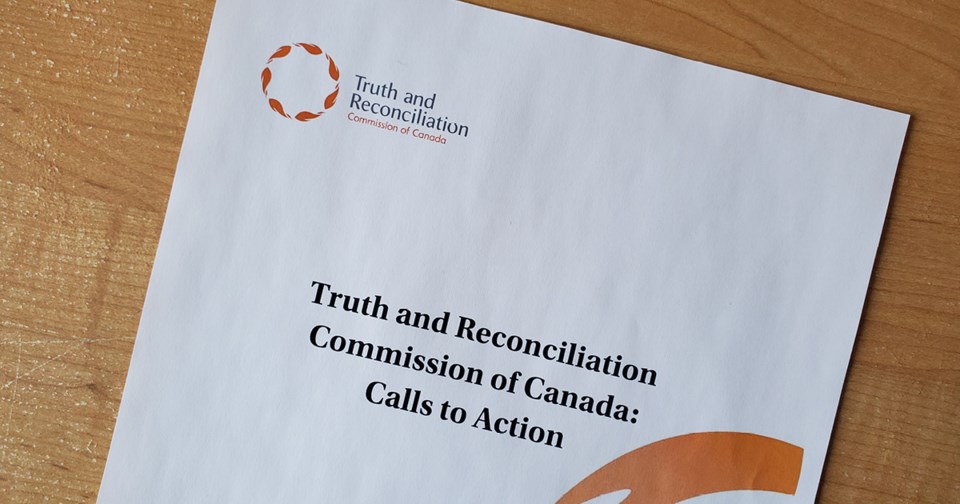HUMBOLDT — A pilot project that aims to develop the tools for communities to reconcile their Indigenous and non-Indigenous citizens is taking place in Humboldt.
The pilot project, “Relationship Building and Reconciliation through Living Heritage,” is being done by the City of Humboldt and Heritage Saskatchewan, along with their partners, the Office of the Treaty Commissioner and the Aboriginal Friendship Centres of Saskatchewan.
At a council meeting on March 27, Kristin Catherwood of Heritage Saskatchewan, who is one of the co-ordinators of the project, said Humboldt was chosen for two reasons:
- it’s a growing city in Southern Saskatchewan that still has strong rural roots and serves a large agricultural region; and
- its Cultural Services Department and its head, Jennifer Fitzpatrick, has been working on reconciliation projects over the last few years.
“Hopefully Humboldt will be a shining example of what’s possible in Saskatchewan communities, Catherwood told council.
Other co-ordinators are Fitzpatrick, Christine Fiddler of Heritage Saskatchewan and David Siebert of Heritage Saskatchewan. They are guided by a five-member advisory committee that is made up of all Indigenous members. The Office of the Treaty Commission and the Aboriginal Friendship Centres of Saskatchewan are also involved.
In January 2023, this year long pilot program commenced through funding from the Community Initiatives Fund.
‘Living heritage’ includes customs, traditions, skills and worldviews, including inherent prejudices, and is passed down from our ancestors. This project takes a living heritage approach through year-long community engagement around identity, community narratives, and reconciliation.
This program will be grounded in the local context through the museum re-design of exhibit storylines.
“We are looking forward to working alongside a number of community partners at a provincial and local level as we build an understanding and a foundation for positive relationships in Humboldt and beyond,” noted Ingrid Cazakoff, CEO, Heritage Saskatchewan.
Mayor Michael Behiel stated, “This project will help residents better understand our shared history and identify community goals to improve our relationships with our Indigenous residents and neighbours.”
Program information can be found on the City of Humboldt’s Cultural Services website at humboldtmuseum.ca/reconciliation/.
Inspired by the Truth and Reconciliation Commission (TRC) of Canada’s Calls to Action and the United Nations Declaration on the Rights of Indigenous Peoples (UNDRIP) this four-part cyclical process is the result of conversations and feedback from communities who need help implementing calls from the TRC and UNDRIP in meaningful ways.
“We are looking forward to working alongside a number of community partners at a provincial and local level as we build an understanding and a foundation for positive relationships in Humboldt and beyond,” Cazakoff noted.




